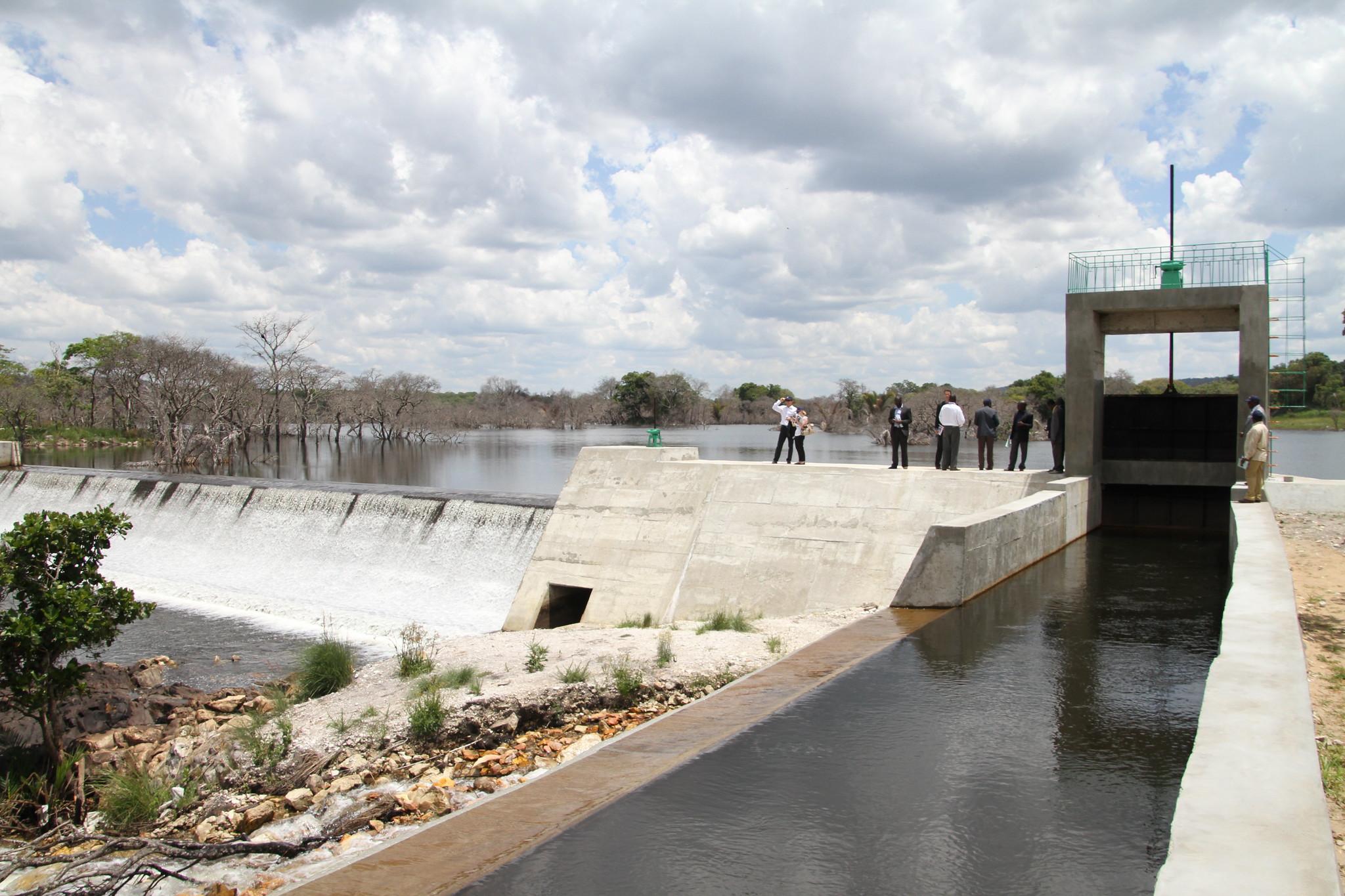Main points
- Economies that reduce dependence on fossil fuels and diversify their energy mix should, in theory, be less beholden to the autocrats who tend to emerge in extractive-resource rich countries and who typically adopt strategies of patronage and rent-seeking to shore up support.
- Green energy transitions might provide unique opportunities for anti-corruption reformers, but renewable energy is not immune from corruption.
- The sheer size of needed green energy investments poses many dilemmas for project implementors, regulators, watchdogs and judiciaries.
- Forms of corruption already affecting green energy include institutional capture, rent-seeking, nepotism, bribery, tender-rigging or ‘tenderprenuership’, as well as collusion.
- In addressing the challenges, donors should not only support greater production of data and analysis, push for transparency and new reforms, but also facilitate recourse to sanctions that close accountability loops for victims of green energy corruption.



